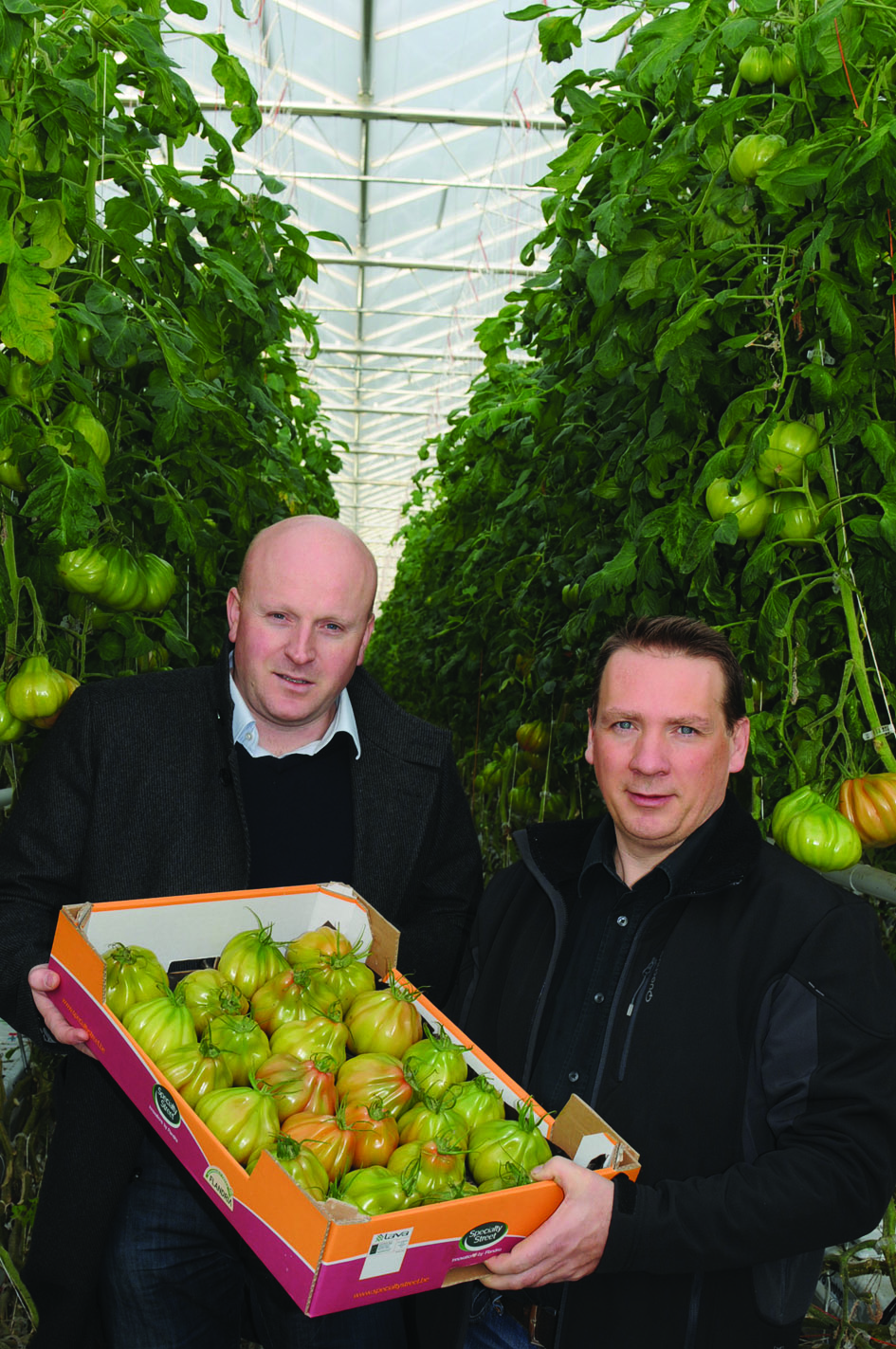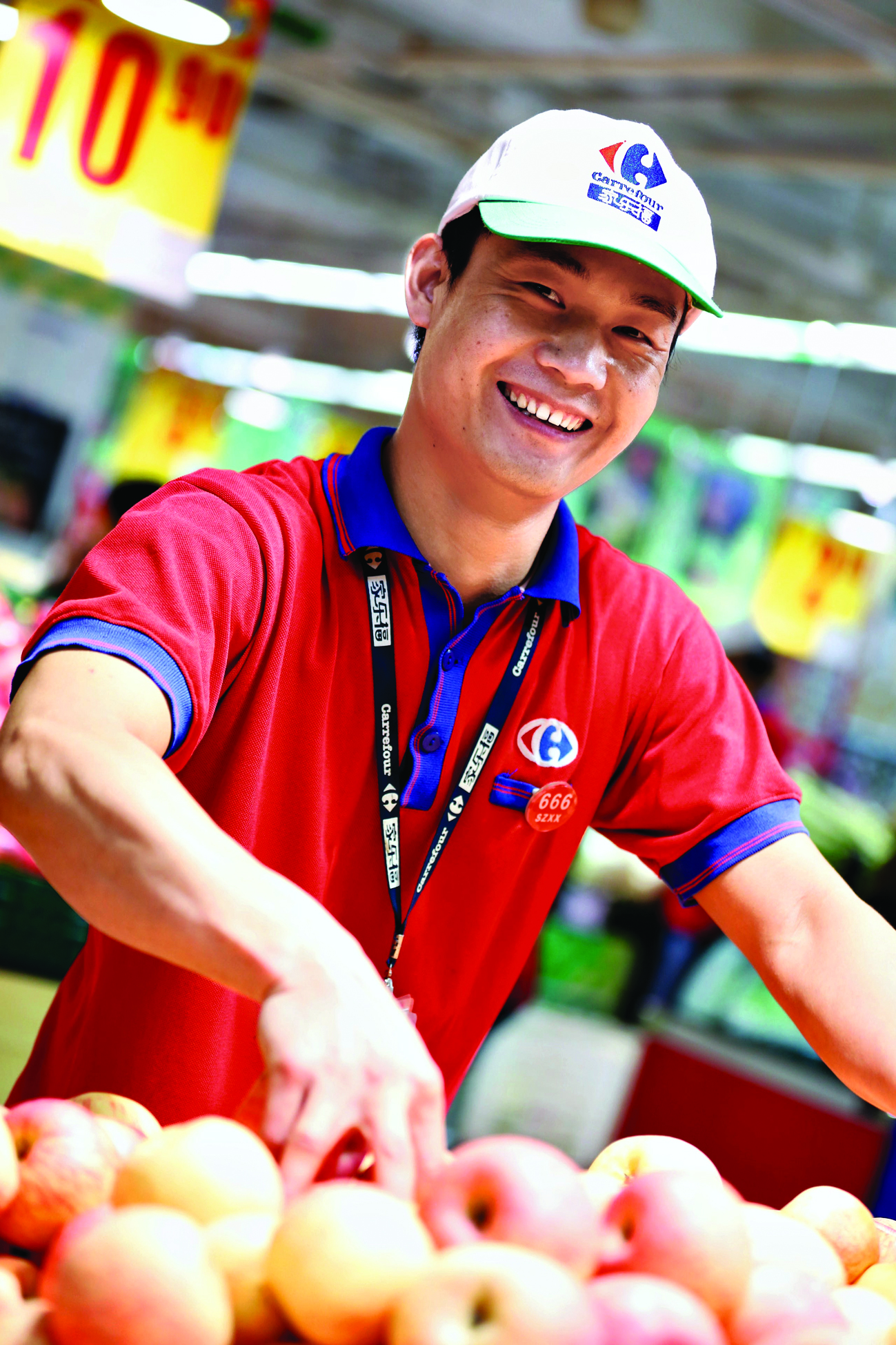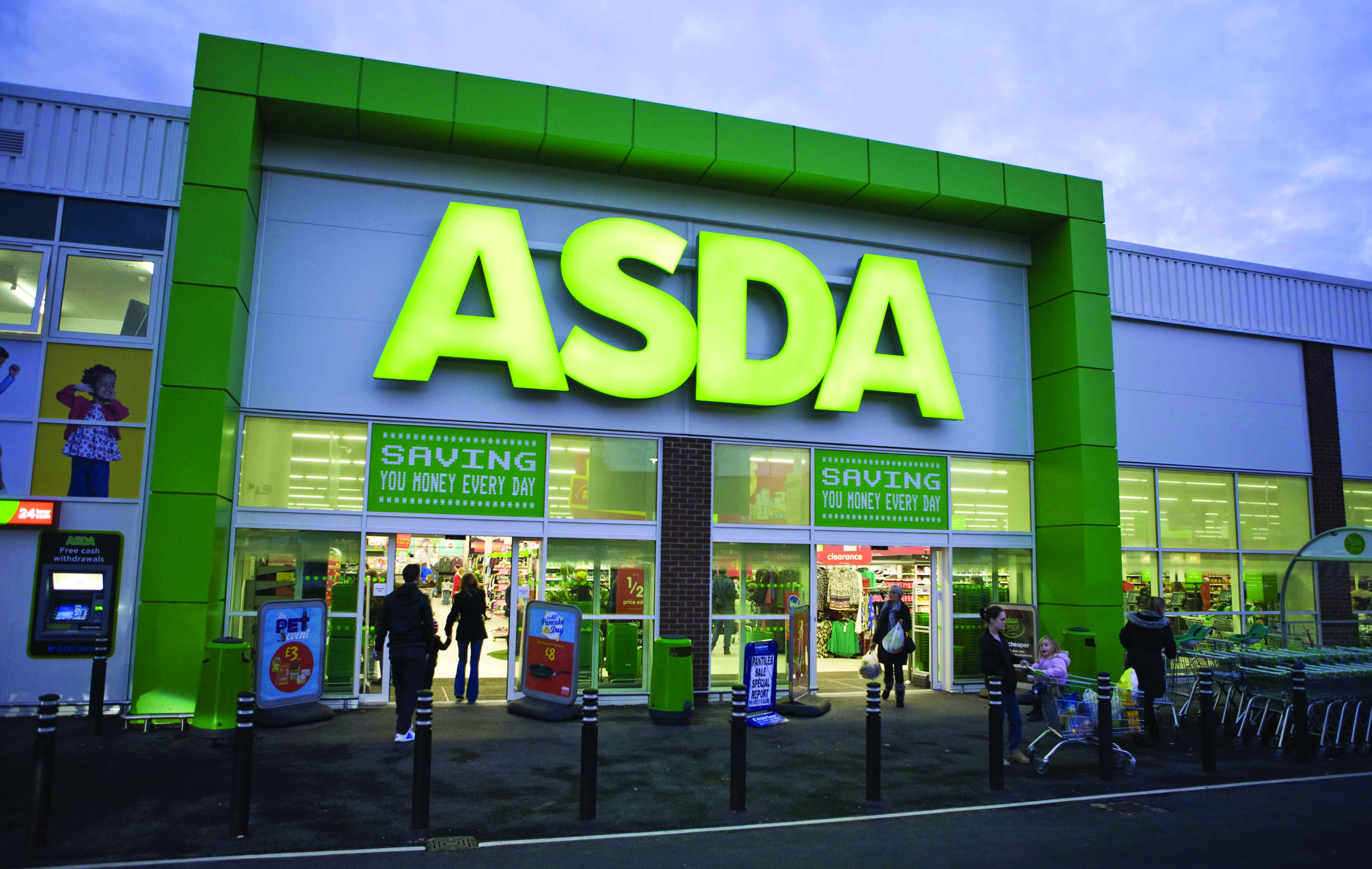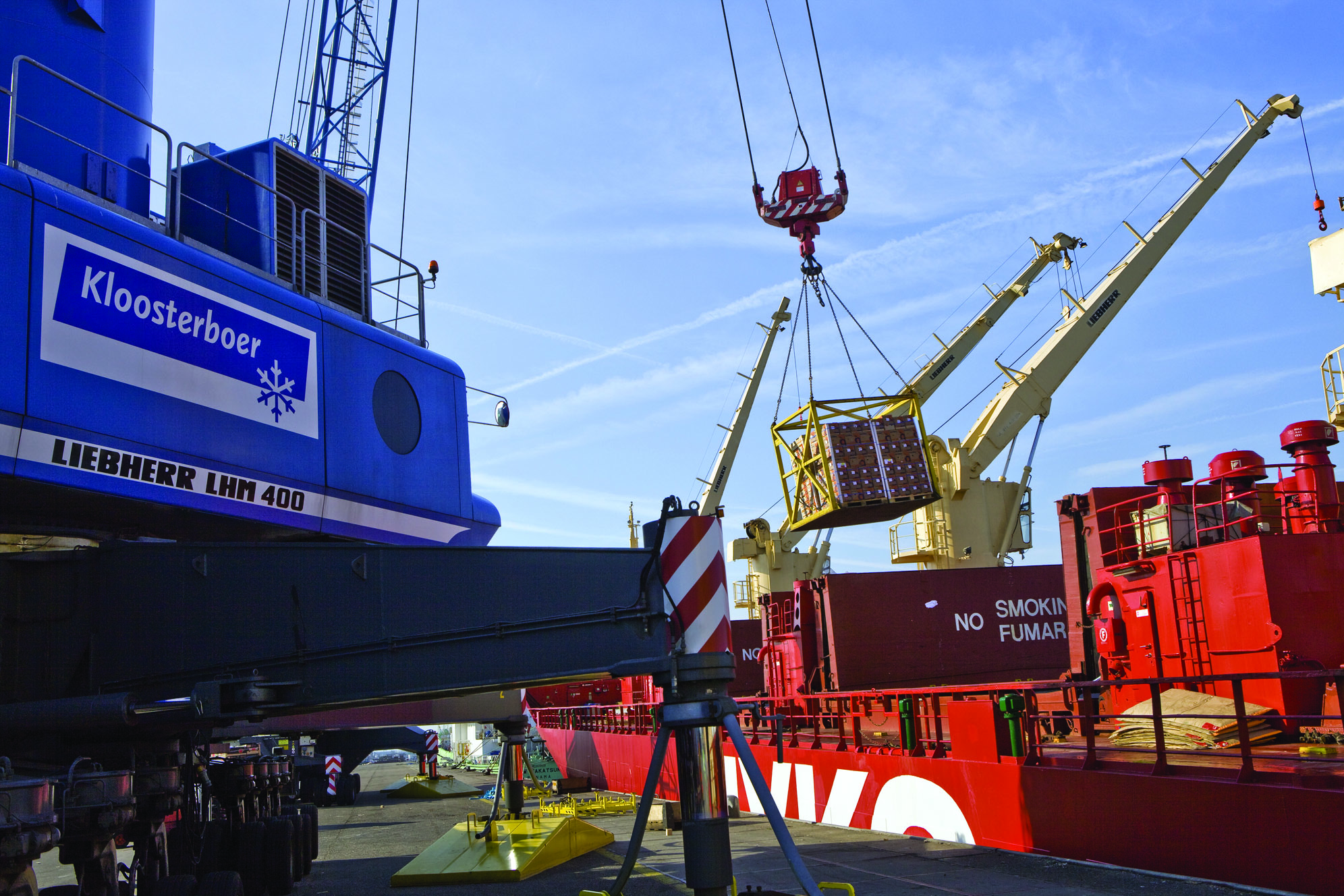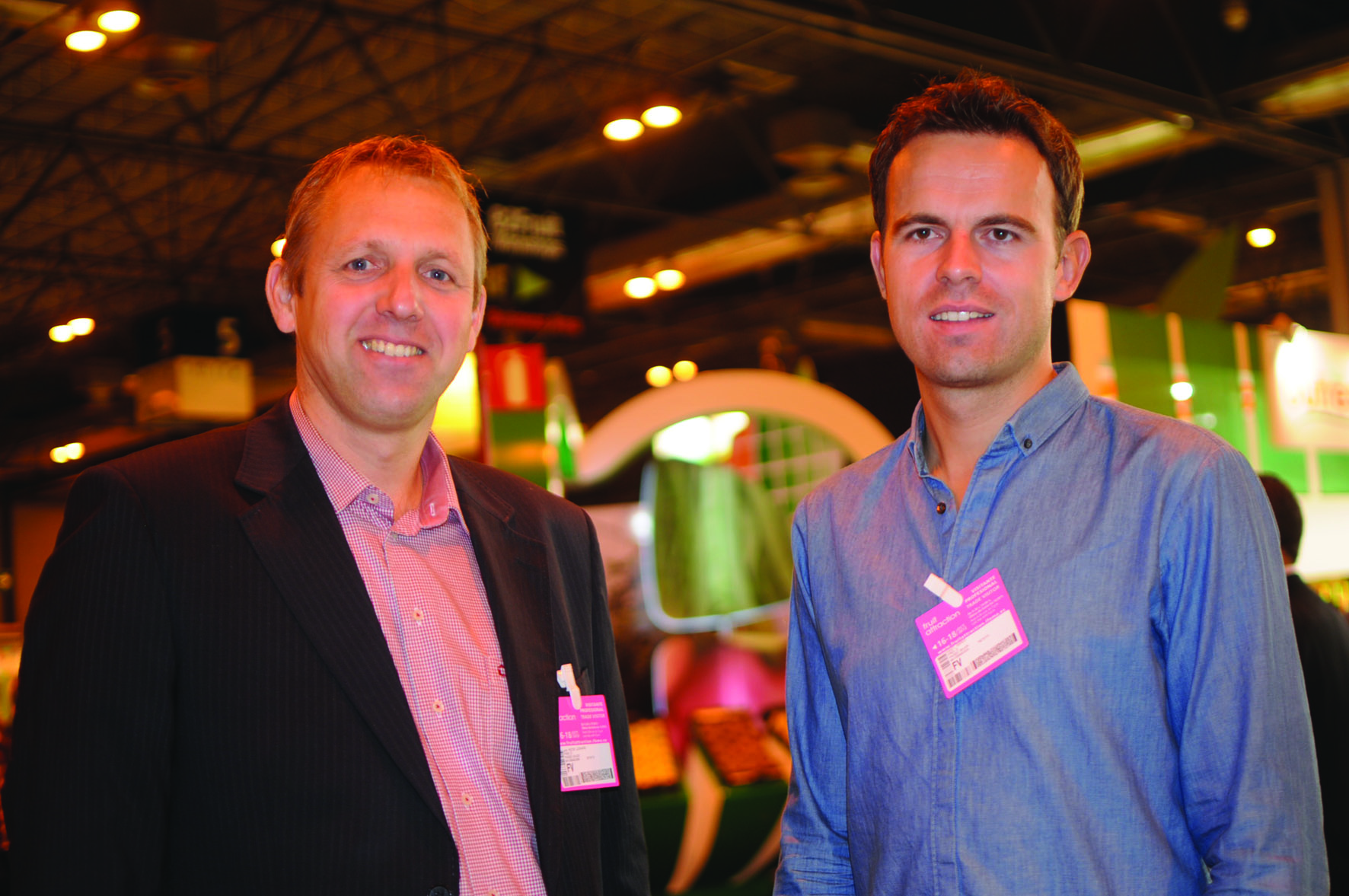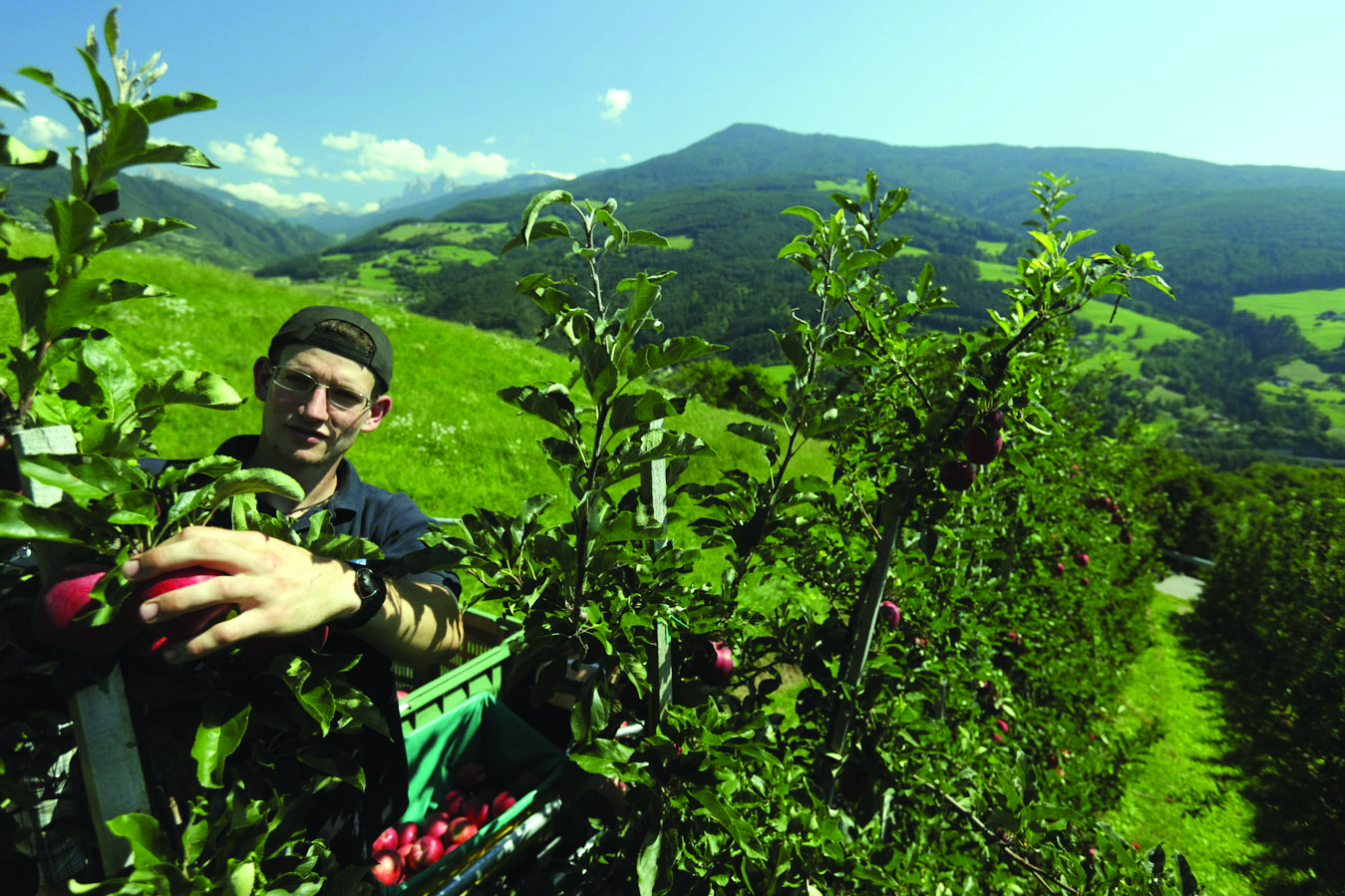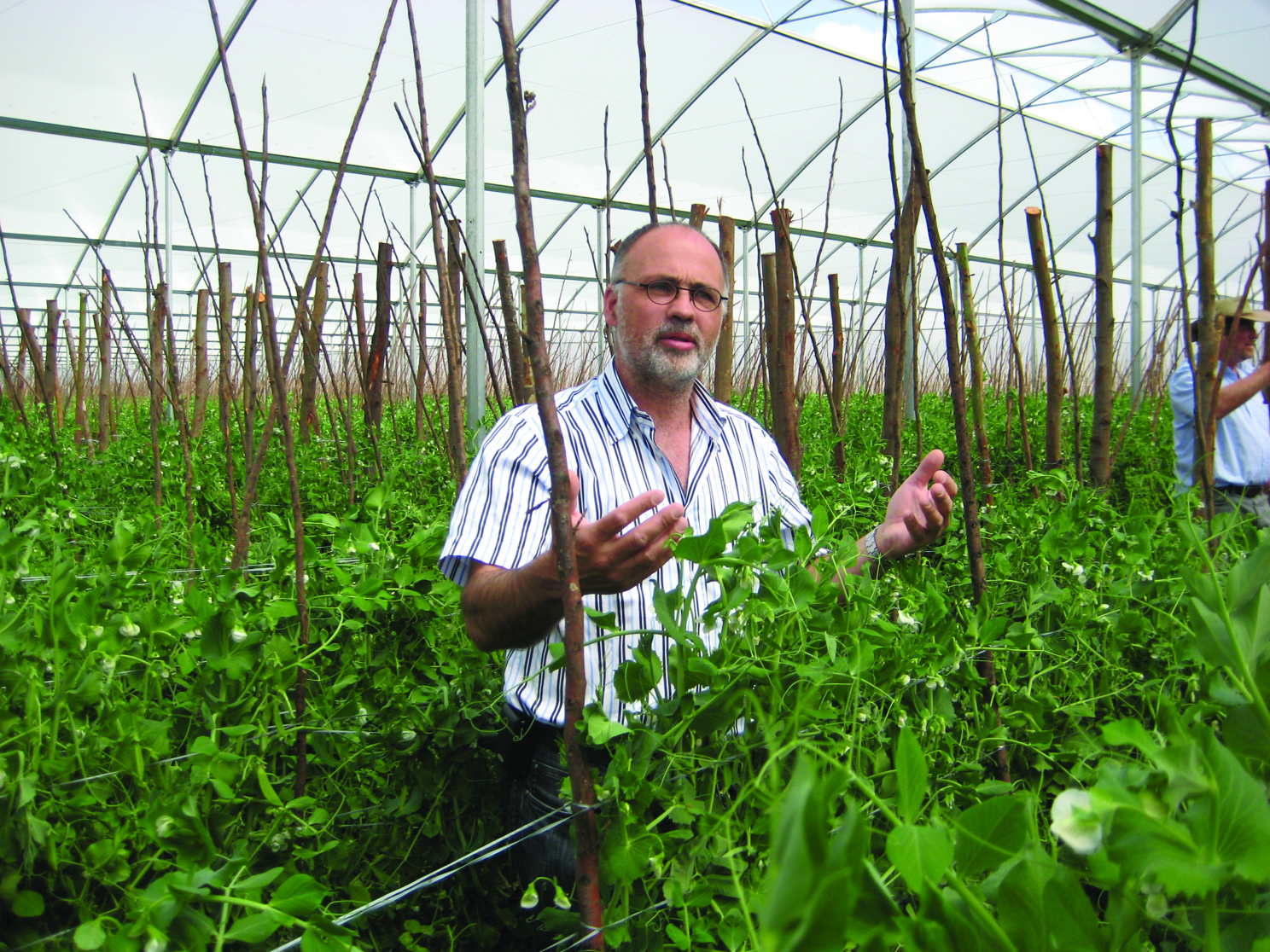
When sourcing fresh fruit and vegetables, Ahold European Sourcing always takes quality and taste as the starting point, explains Leon Mol. He is an agronomist with Ahold European Sourcing and responsible for ensuring delivery conditions to suppliers. “Behind the quality and taste there are many uncertainties. In food safety we cover those with GlobalGap and the add-on module, ‘Albert Heijn Protocol’. We are also very attached to good working conditions with our suppliers.” In many countries outside the EU, Ahold covers those aspects with extra certification or social audits. “And we look at sustainability. This is a set of requirements that is invisible to the consumer but leads to the starting point: that the product should meet customers’ demands. We must never lose sight of quality and availability.”
Communication and trust in long term supplier relationships
Ahold is an international retail group based in the Netherlands, with strong local consumer brands in Europe and the United States. Supermarkets are their core business and Ahold is the number one retailer in the Netherlands, with 936 Albert Heijn supermarkets and a market share of 33.7 percent according to Nielsen. Supplying all those supermarkets both in the Netherlands and abroad with fresh fruit and vegetables naturally calls for a lot of programming and location is one of the focal points in this. Leon Mol: “What is available nearby will be sourced nearby. What we need to get from further away, will be sourced further away.” Distance always plays a role in the quality of fresh produce. As much as possible we source close to home, but we also need to satisfy the consumers’ need for year-round product availability. For instance, citrus is sourced as much as possible from Spain and the remainder mainly comes from South Africa. Tomatoes are sourced for most of the year from the Netherlands and the rest comes from Spain and Morocco. A differentiation in assortment is a clear trend signalled by Albert Heijn. ” We need to offer products for all our customers.” This includes the more basic products and the specialities such as limes, minneolas or a good tasting tangerine. Although developments in citrus are not so fast due to the long time it takes for a citrus tree to come into production, clear trends are visible. “One is to better secure the mainstream. It is a challenge to supply an orange all year round with good taste and good quality.” New citrus varieties are developed to smooth the transition from one citrus season to another in terms of taste and quality so that the consumer does not really notice the difference in origin throughout the year. Developments in tomatoes are much swifter, as the production time for tomato is short. Leon Mol:” With tomatoes too, the first goal is to provide continuity in quality and availability.” In this process, long-term relationships and extensive communication with suppliers play a key role. “The structural relationship with our suppliers is very important to us.” Direct contacts with the suppliers, long-term relationships and company visits are part of Ahold’s supplier policies. It is our guarantee of quality and availability and enables us to assess risks. “In addition to the certificates, trust does play a large role too. To know each other’s demands is very important.”
Exploring opportunities that lead to win-win situations
Ahold expects its suppliers to take a pro-active approach where it comes to pointing out possible issues. Among the difficulties to be tackled are delivery problems. Due to weather conditions it may happen that deliveries cannot be in time or quality cannot be provided as agreed. This may also lead to food safety issues, because extra crop protection may be needed in these situations. “The better we know these issues, the better we can allow for it when planning our inventory.” This goes for specific local production circumstances too. Such a process leads to extensive communication and intensive cooperation. “If both parties can realise that enormous progress can be made on all fronts, which may range from minimising waste to optimising production, water use or inventory management and creating a true win-win situation.” Sustainability is evidently an issue with Ahold and the topic is mainly looked at in terms of opportunities. “Our approach is not to impose rules but to see where the problems of our producers are and where progress can be made. Every product has its own story to tell.” In every situation the specific circumstances for production are taken into account. “In areas where plenty of water is available, it is no use to impose limitations on the use of water, but for instance producers in South Africa will have to deal with limitations in water use, due to its restricted availability.” Ahold’s sustainability policies are not a question of risk management but much more of exploring opportunities together with the producers in order to create a better, more efficient and more sustainable product. Profitability also plays a role in this process. “Only when a producer makes money on his products can they innovate and invest. We are careful not to make requirements that do not have a clear effect.”
Programming ahead
Knowing the needs and planning ahead to satisfy those needs is one of the leading principles for Albert Heijn. “This leads to efficiency and transparency throughout the chain.” This also means that every link in the chain is looked at critically and when it offers no added value, it has no place in the chain. The fresh produce market is a volatile one and occasionally additional purchases need to be made. Leon Mol: “Even then, we turn to trusted and well-known parties with the same requirements as the products in our programmes.” This goes for both conventional and organic products. Organic producers have become larger and more high-tech. “The organic produce sector is professionalising, so we are able to provide a more consistent organic product.” Leon Mol is convinced that over the years organic farming has had great influence on conventional farming. “Conventional farmers have watched the organic producers closely and picked out elements to improve their own production. Many products are now available where no chemical crop protection has been used. Specifically in greenhouse crops, giant steps have been taken in the use of natural solutions to combat pests.”
Changing consumer needs
Ahold signals that fresh produce is increasingly sold via internet. Expectations are that these sales will further increase. That brings a different type of challenge. “The customer will not pick out their own lettuce; instead we will do that for them. Aspects like predictability and quality have a different dimension and will require attention from different links in the chain. ” In this process, communication with the consumer is becoming even more valuable. Ahold has various ways to map the needs and requirements of the end-consumer, ranging from internet panels to feedback from the supermarkets. This information is used as input for the producers’ programmes. One definite trend is that consumers are buying their products more consciously. Origin and ingredients are important. Another trend is health. Leon Mol expects that the content of a product will become increasingly important. “We note increasing attention to nutritional values and taste, which offers fresh fruit and vegetables a very good base.”

